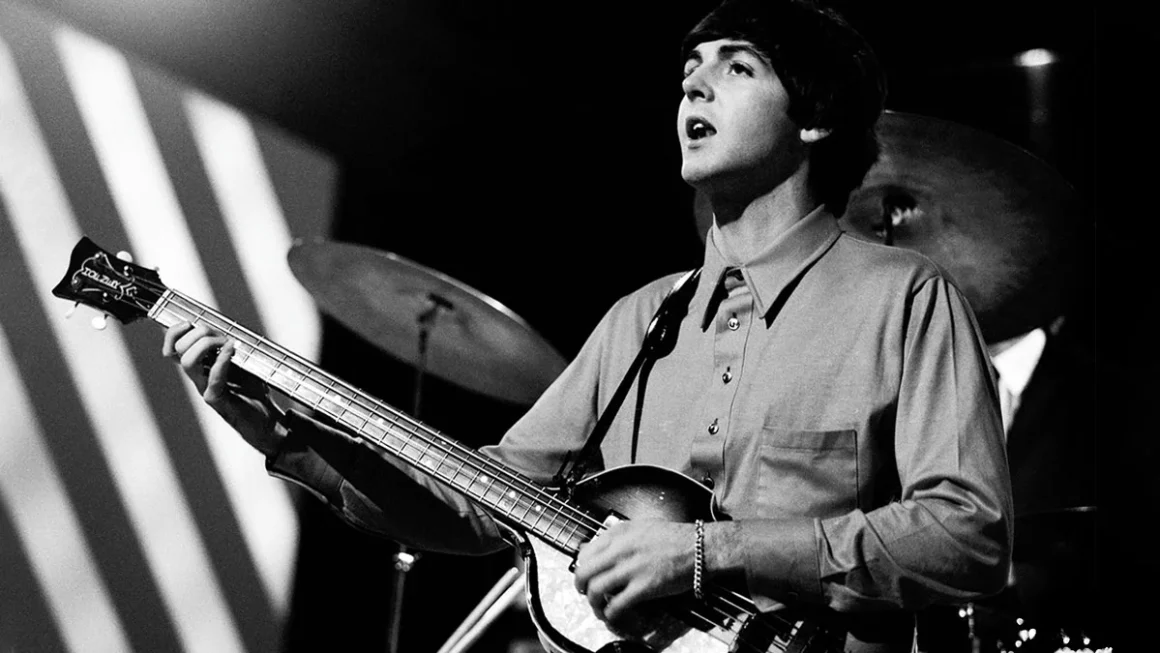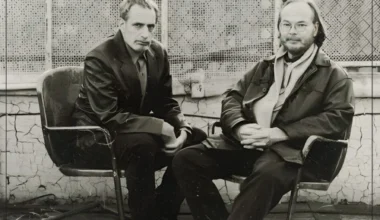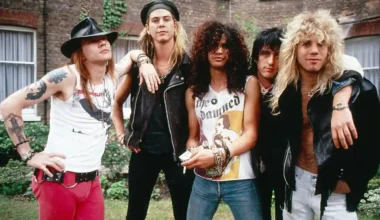Despite the fact that rock ‘n’ roll originated in the 1950s, The Beatles turned into a massive diversion that other bands had to follow, whether they liked it or not. The Fab Four played a major role in the development of the psychedelic rock movement in the mid-to-late 1960s. This directly contributed to the complexity of prog rock in the early 1970s.
The Beatles’ influence is evident in later works by Pink Floyd, Genesis, and Led Zeppelin, showcasing evolutionary threads. In sharp contrast to the impending punk rock era, these so-called prog-rockers embarked on an arms race of compositional experimentation. They also delved into instrumental virtuosity as a defining characteristic of their musical style. These kinds of artists kind of required a punk wave.
The idea that punk and prog rock were bitter rivals was strengthened by the appearance of Ramones and Sex Pistols in the middle of the 1970s. It would be more accurate to characterise the relationship as love-hate, though. For instance, Robert Plant and Jimmy Page of The Damned developed a strong affection for the band. They were captivated by the punks. In response to the craze in 1977, Pink Floyd—who had conflicting feelings about the movement—released Animals.
As a result, many perceived punk as the opposite of The Beatles. However, despite Glen Matlock’s disapproval, he was a huge fan of The Ramones, who took their name from Paul McCartney’s pen name. It turns out that the punk wave influenced some members of The Beatles.
John Lennon acknowledged that he was a fan of “all this punky stuff” in an interview with Playboy from 1980. “Not, however, crazy about the people who destroy themselves,” he wrote. The recent passing of Sid Vicious and the idolatry seemed to have upset the ex-Beatle even more. “I think it’s garbage that Jim Morrison is making Sid Vicious a hero,” he remarked. “I honour those who make it through.”
In a similar vein, Paul McCartney had a tentative love for punk music. In 2008, he stated to The Quietus, “At first, it was shocking because up until then, you’d known the status quo.” It intended to be shocking, and it succeeded in certain aspects. However, the amazing music was realised all of a sudden, following a horrifying day or two: “Oh God!” What is happening? What is going on in England? It was in need of some shaking, and these guys were just giving it some.
Subsequently, McCartney acknowledged that Mary, his oldest daughter, enjoyed The Clash and The Damned. She was largely responsible for his punk education. McCartney disclosed that he had written a punk song but was hesitant to record it in a 1978 interview with the NME. He remarked, “I daren’t do this, but I got this punk song.” “If I publish it, people will just make fun of me.” The term for it is “Boil Crisis.”
When asked why he feared criticism, Paul McCartney responded that he thought people would “slag him off” and comment, “Look, McCartney’s goin’ punk.” All he’s doing is attempting to stay current. Denying, it seemed, that he was too old to be a part of the punk wave. “I don’t feel like any one age group myself,” he said in closing.
Regretfully, Paul McCartney never made a studio version of “Boil Crisis” available. Nonetheless, a demo version that offers fans a glimpse of Punk McCartney has managed to survive. “One night in the life of a kid named Sid, he scored with a broad in a pyramid,” is how the song’s opening line alludes to Sid Vicious, as the celebrity sang it in the 1978 interview.








